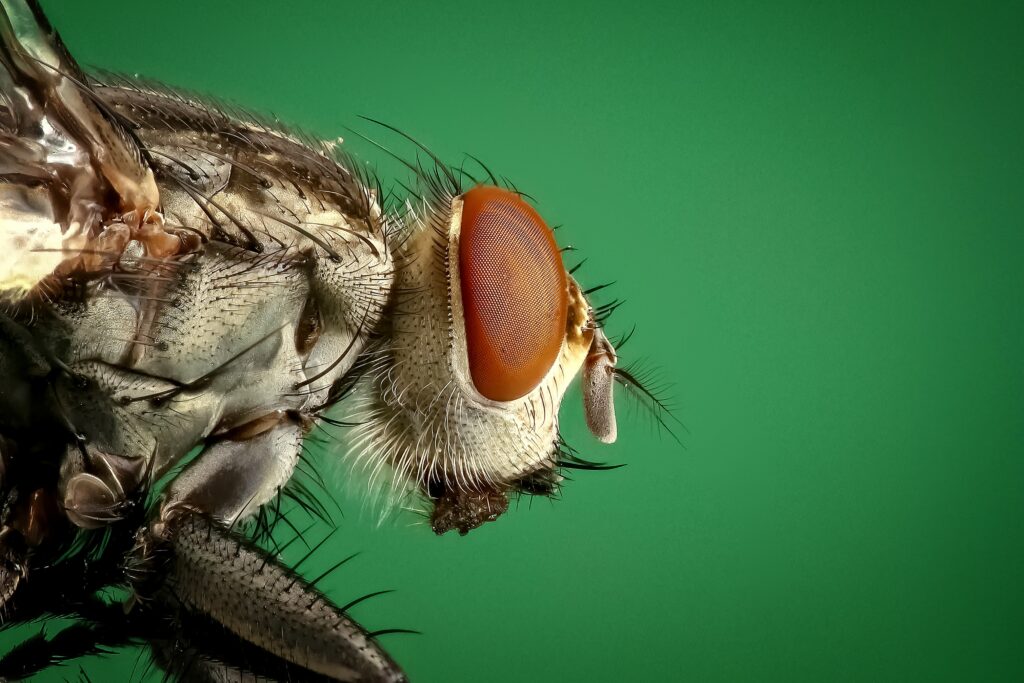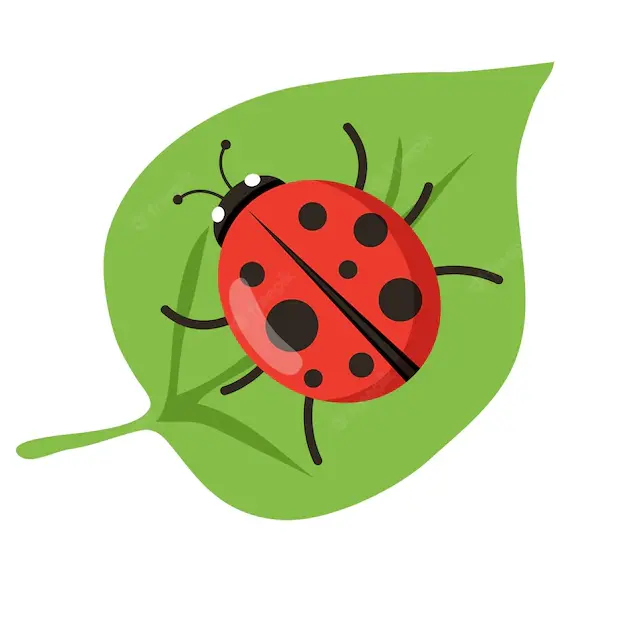
Nothing else can upset a farmer more than finding his farm infested with insects and bugs that are gradually eating away his healthy plants. The ideal solution in such a painful ordeal would be to apply some defensive, natural pest control methods to hunt and exterminate pests without wasting time and money. It is undoubtedly so frustrating to find your once productive organic farm just reduced to nothing because of an infestation. However, a few principles and guidelines will enable you to prevent insect pests and take appropriate measures in case your farm has been infected. The most significant factor you must consider in maintaining your farm is not merely the removal of the bugs but knowing how to prevent them from infestation.
Naturally Preventive Pest Control Methods
Dealing with insects and bugs in a garden or farm can be a time-consuming and frustrating process. You would be eager to see quick results and may decide to spray the crops with pesticides. But do not rush. The microbes in the soil have to get adjusted and acclimatized to the surroundings. Furthermore, the pH balance in the soil needs to be recovered, and its ecosystem needs to be mature. The soil contains microbes that help feed the crops, keeping them healthy and protecting them against pest infestation. While spraying eliminates these microbes and affects the pH balance of the soil, it makes the crops dependent on pesticides. Apart from that, pesticides become inevitably ineffectual as the insects develop an immunity to them over time.
Read more: Organic Production
8 Ways to Help Prevent & Control Insects and Bugs
You can take some natural preventive measures as the following:

Enhance Soil Health
When the soil is healthful, growing healthy, robust crops will not be much of a burden. They will be better armed to combat pests and fight diseases. You can enhance your farm’s soil health using natural fertilizers from fish and seaweed. Such natural fertilizers provide crops with essential nutrients and help activate soil microbes, thus enhancing soil life.
Select Resistant Varieties
Resistant varieties are plants within a specific group that are less vulnerable to attack by pests or diseases. In seed brochures, they are usually identified by codes, which may vary from company to company. By selecting resistant varieties, you can grow crops that have a natural resistance to pest insects. The use of resistant varieties is highly recommended if disease or pest problems have arisen in the past.


Plant in the Right Location
Various crops require different amounts of sunlight to grow properly. Those crops that need maximum sun must be cultivated in areas where they will receive the necessary sunlight. Moreover, crops that require more moisture should be grown where water supplies and proper irrigation are ensured. In fact, crops have a natural tendency to tolerate adverse conditions for some time; however, in the end, they will lose their resilience and surrender to pest insects.
Grow Different Crops
This method is one of the best ways to combat pest insects within your farm. Growing different crops every year confuses the bugs, making them run away from your farm and helping you handle soil fertility. It is advisable to let two to three years lap before repeating the growth of a particular crop. If your farm is small and situated in a shady area, it is strongly recommended to grow a cover crop or let the soil rest for a year or two.


Interplant Crops
Interplanting is the best trick to confuse insects by growing different crops at different intervals. Pest insects are typically accustomed to a mono-crop setting. That is why farmers working on mono-crop farms need to spray their crops heavily to remove pest insects and bugs. It would be advisable to plant alternate rows of crops, flowers, and herbs to help remove pest insects and attract beneficial ones. For instance, interplanting cabbage with onions, cilantro, and calendula, makes it challenging for the pest to locate your crop.
Create Permanent Walkways
Permanent walkways are built to welcome beneficial insects while tilled temporary pathways eliminate them and their homes. Every cultivation requires a specific type of pathway material. You can select from wood chips, gravel, or white covers. Permanent walkways enable you to provide permanent beds where fertility can develop over time. Good fertility means your farm has boosted its resilience to “catching a bug.”


Leave a Few Insects
Bugs at a small number are good and considered a significant advantage for your farm. They act as “baits” and attract beneficial insects to feed on them. So, you can say that an insect “bait” is welcome every so often.
Control an Infestation
When facing an infestation of insects, the removal of the infected plant is vital to prevent the infection from spreading. However, avoid using pesticides, whether organic or not. It is much better to begin from the outset and work your way through all the preventive measures you have to take to control the infestation. While treating an outbreak, keep in mind not to destroy the beneficial insects. So, first, identify and differentiate between the beneficial insects and pest insects, and investigate the larval stages of each. Eliminating beneficial insects in a pest control plan will considerably reduce the capability of your farm to self-regulate its ecosystem in the future.

Are Organic Pesticides Beneficial?
Whether a pro or an amateur, you are bound to have bugs and insects invading your farm. As the saying goes, “An ounce of prevention is worth a pound of cure,” it is much better to keep pest insects at bay. Treating an infestation is a challenging and long-term process. It is not advisable to utilize organic sprays as they can harm soil life. The principal purpose of pesticides is to exterminate bugs and insects. Therefore, beneficial insects that enrich the soil are eliminated even when using organic pesticides.
Moreover, pesticides can considerably influence the pH balance of the soil. They normally leave toxic layers on plants that are not easily removable and can exterminate microorganisms helpful to the crops. Even natural pesticides, made from soap and water, can affect microorganisms in the soil and, consequently, change the pH levels. With all that said, if you intend to maintain the pH balance in the soil and cultivate organic crops, it is advisable not to combat the bugs by spraying them with pesticides. Instead, you can use methods that prevent them from attacking your crops. Whatever you do, forget about spraying your crops, even with organic pesticides.
Last Word
All things considered, natural pest management is a method of controlling pests without using chemicals. Having comprehensive information about green pest control methods can prevent unavoidable consequences and contribute to crop productivity. In this article, we have tried to provide you with practical information regarding green methods to control pests.

